Description
Probiotics: Your Gut’s Best Friend and Why You Should Care
In a world increasingly obsessed with health and wellness, the gut microbiome is taking center stage. And right alongside, you’ll find the buzzword: Probiotics. But what are they exactly, and why are they so important? Let’s dive into the world of these microscopic heroes and explore the benefits they offer.
What are Probiotics?
Simply put, probiotics are live microorganisms, often bacteria, that are beneficial for your health, particularly your digestive system. Think of them as the “good guys” in your gut, working hard to maintain a healthy balance of bacteria. They’re naturally found in your body, but can also be consumed through foods and supplements.
The Gut Microbiome: A Bustling Ecosystem
Your gut is home to trillions of bacteria, both good and bad. This complex ecosystem, known as the gut microbiome, plays a crucial role in various aspects of your health, including:
- Digestion: Breaking down food, absorbing nutrients, and synthesizing vitamins.
- Immune Function: Helping your body fight off harmful pathogens and infections.
- Mental Health: Influencing brain function and mood through the gut-brain axis.
Benefits of Probiotics: A Wealth of Potential
When the balance of bacteria in your gut is disrupted (often due to factors like antibiotics, stress, or poor diet), you may experience digestive issues, weakened immunity, and even changes in mood. This is where probiotics come in. Here are some key benefits:
- Improved Digestion: Probiotics can help alleviate symptoms of common digestive issues like bloating, gas, diarrhea, and constipation. They can be particularly helpful in managing Irritable Bowel Syndrome (IBS).
- Boosted Immunity: By promoting a healthy gut microbiome, probiotics can strengthen your immune system, making you less susceptible to infections and allergies.
- Reduced Risk of Antibiotic-Associated Diarrhea: Antibiotics kill both good and bad bacteria. Probiotics can help replenish the good bacteria and prevent diarrhea that can accompany antibiotic use.
- Potential Mental Health Benefits: Emerging research suggests that probiotics may have a positive impact on mental health, potentially reducing symptoms of anxiety and depression.
- Skin Health: Some studies indicate that probiotics may help improve skin conditions like eczema and acne.
Sources of Probiotics: Food First, Supplements Second
You can introduce probiotics into your diet through various foods, including:
- Yogurt: Look for yogurts with live and active cultures.
- Kefir: A fermented milk drink similar to yogurt, but with a thinner consistency.
- Sauerkraut: Fermented cabbage, a staple in many cultures.
- Kimchi: A Korean fermented vegetable dish.
- Kombucha: A fermented tea drink.
- Miso: A traditional Japanese seasoning made from fermented soybeans.
If you’re not a fan of fermented foods, or if you have specific health concerns, you might consider probiotic supplements. However, it’s important to choose the right one.
Choosing the Right Probiotic Supplement: A Few Tips
- Strain Specificity: Different probiotic strains have different benefits. Research the specific strains that are most beneficial for your needs. For example, Lactobacillus rhamnosus GG is often recommended for diarrhea, while Bifidobacterium infantis helps with IBS symptoms.
- CFU Count: CFU (colony-forming units) indicates the number of live and active bacteria in each dose. Look for supplements with a high CFU count, typically in the billions.
- Third-Party Testing: Choose supplements that have been third-party tested to ensure quality and purity.
- Consult Your Doctor: Before starting any new supplement regimen, it’s always best to consult with your doctor, especially if you have underlying health conditions.
In Conclusion: A Gut-Friendly Lifestyle
Probiotics are a powerful tool for supporting a healthy gut microbiome and overall well-being. By incorporating probiotic-rich foods into your diet, considering supplements when necessary, and adopting a healthy lifestyle that includes regular exercise, stress management, and a balanced diet, you can cultivate a thriving gut microbiome and reap the numerous benefits it offers. So, embrace the power of probiotics and nurture your gut – your body will thank you for it!

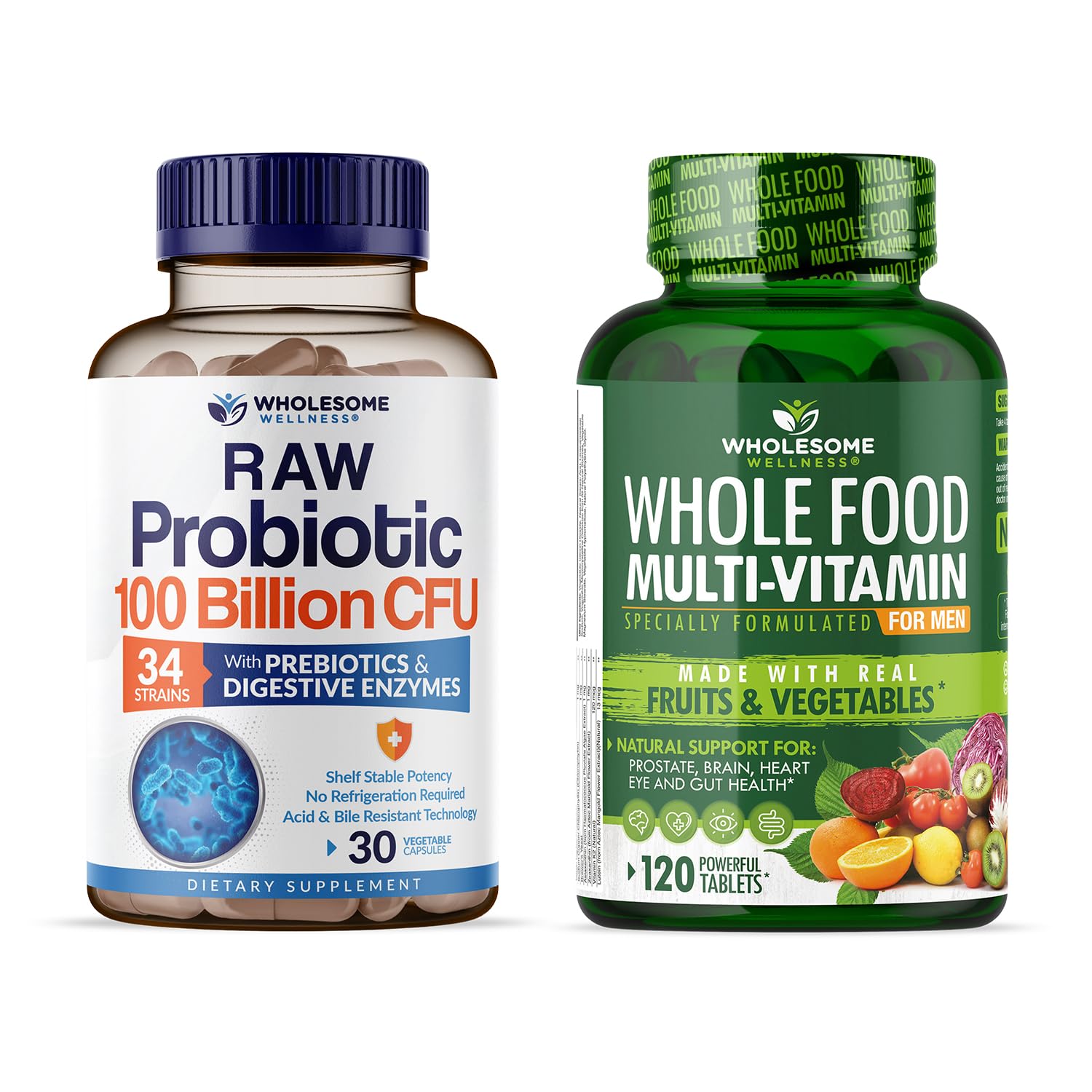
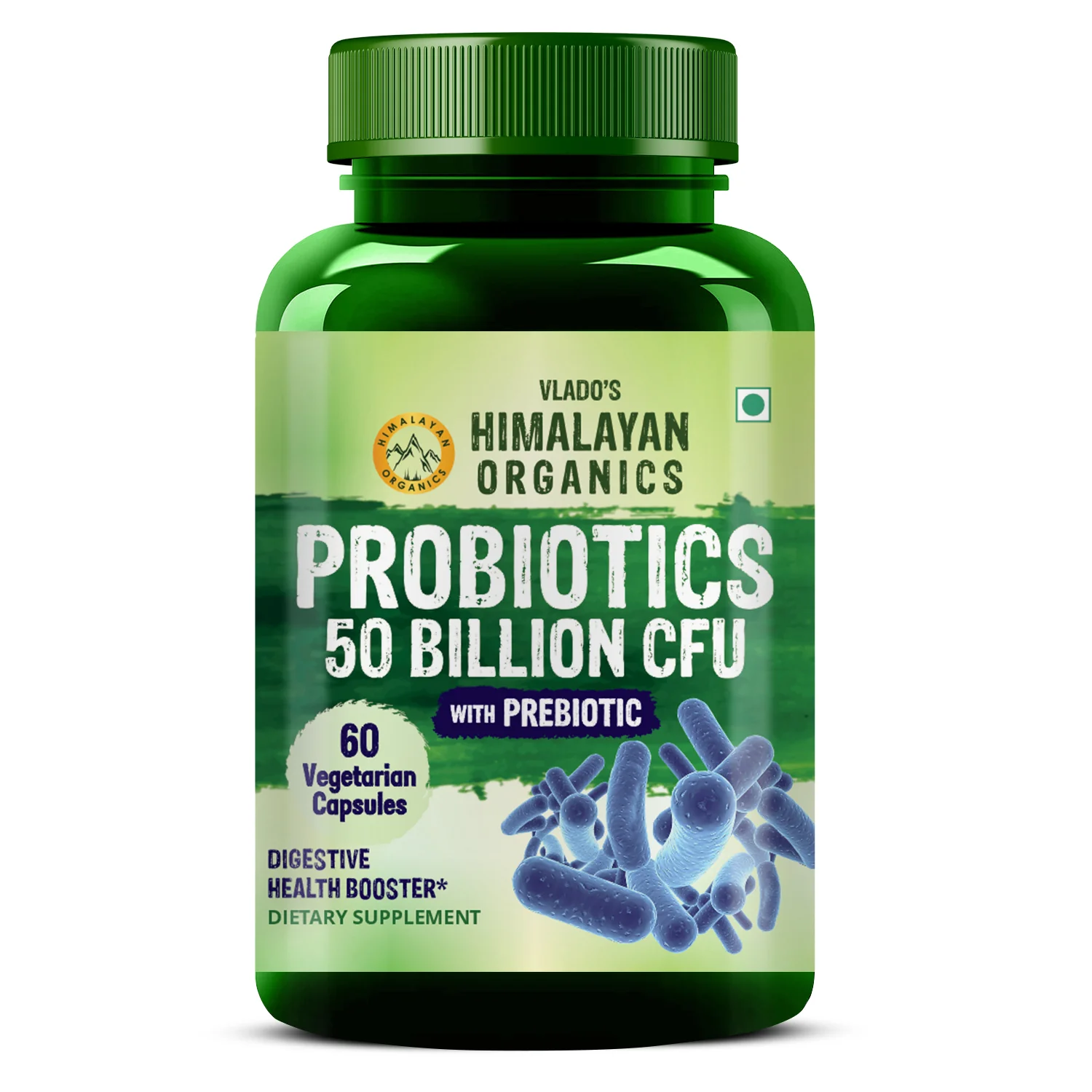
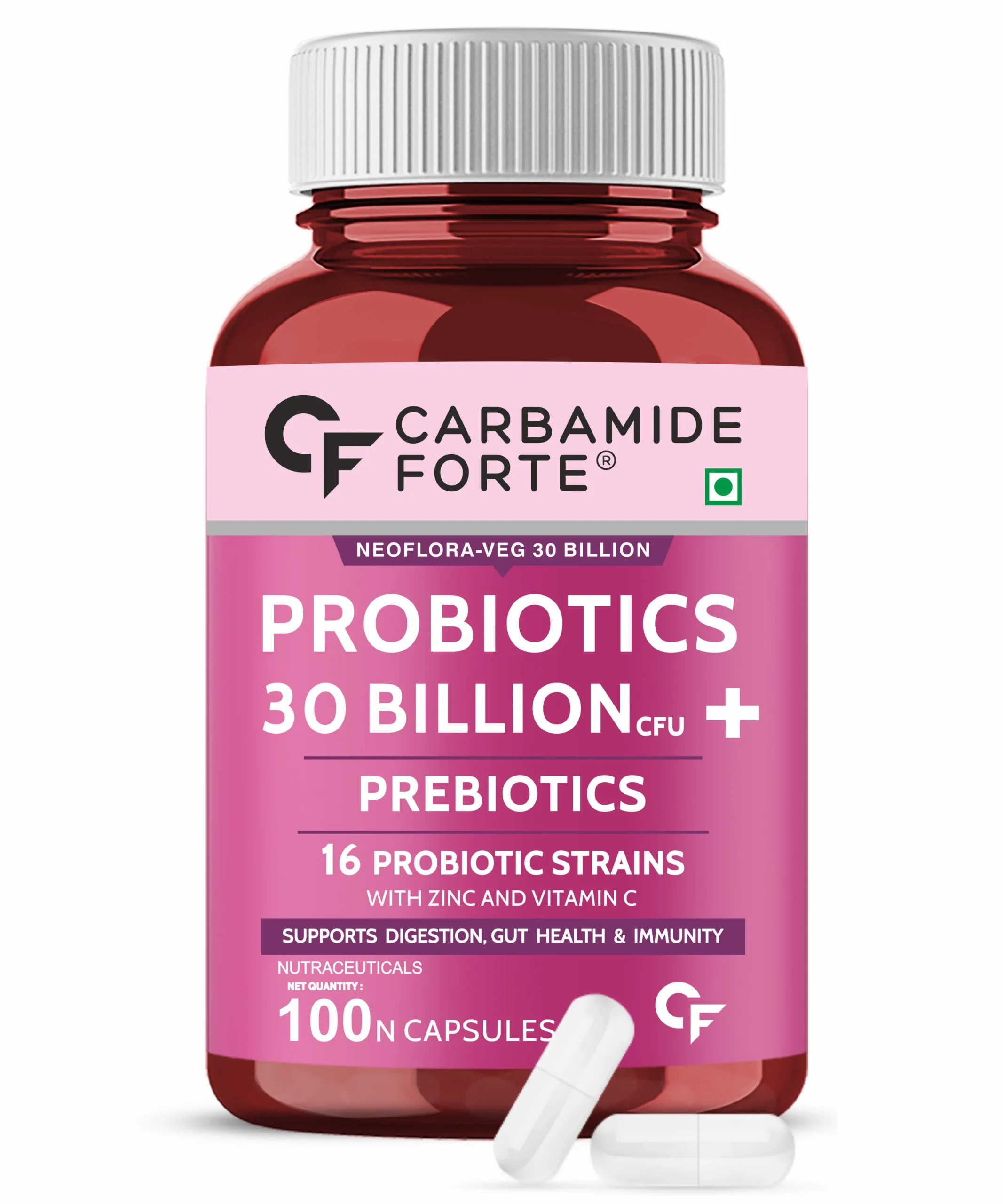

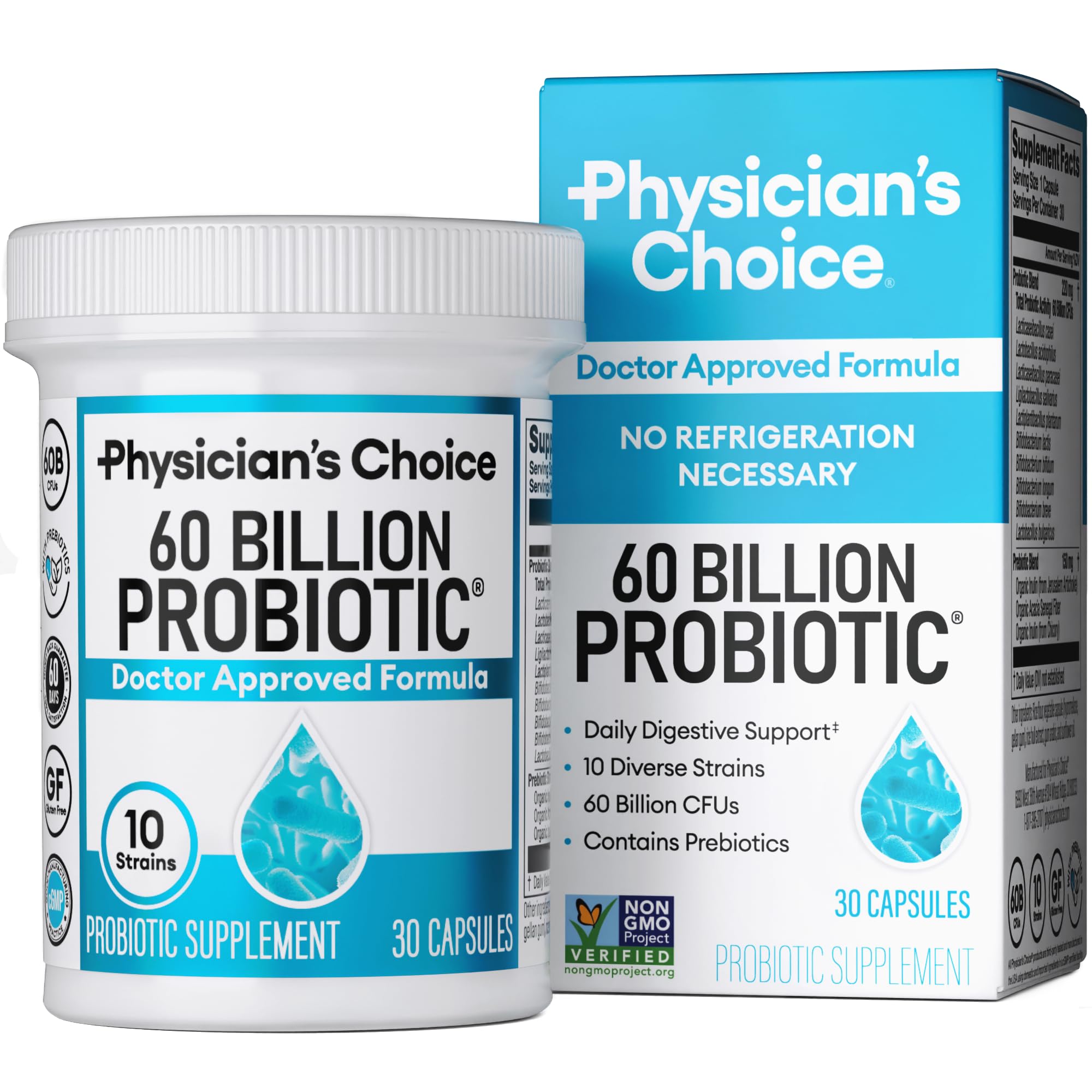
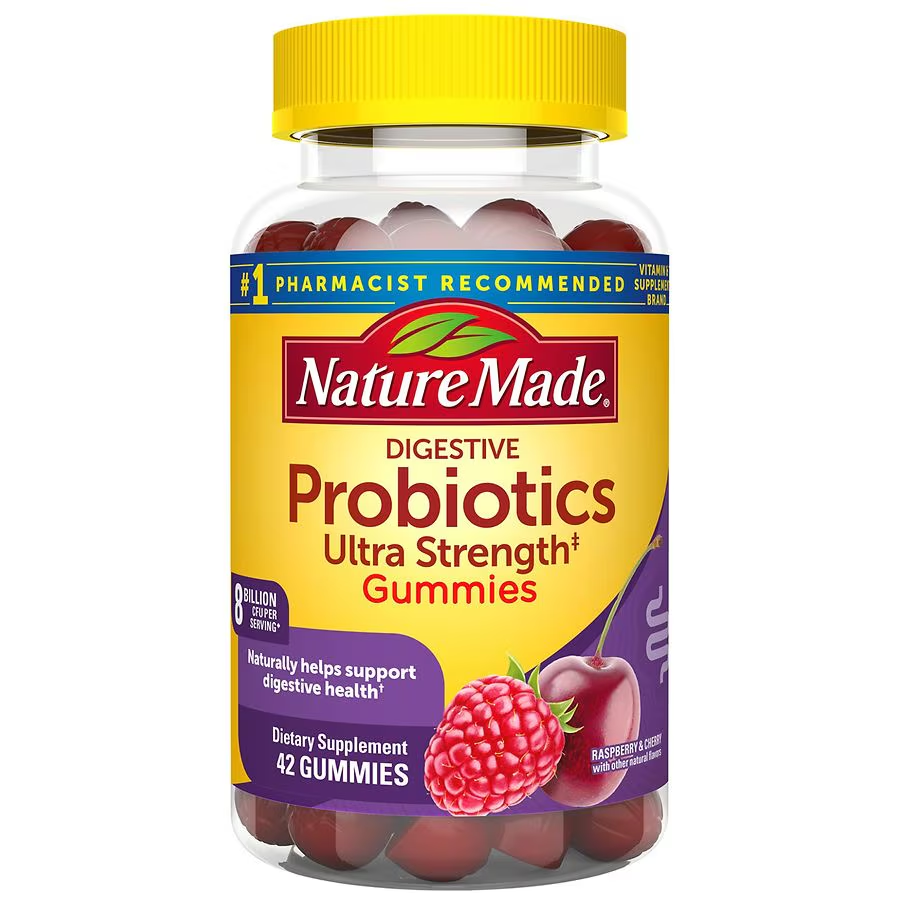
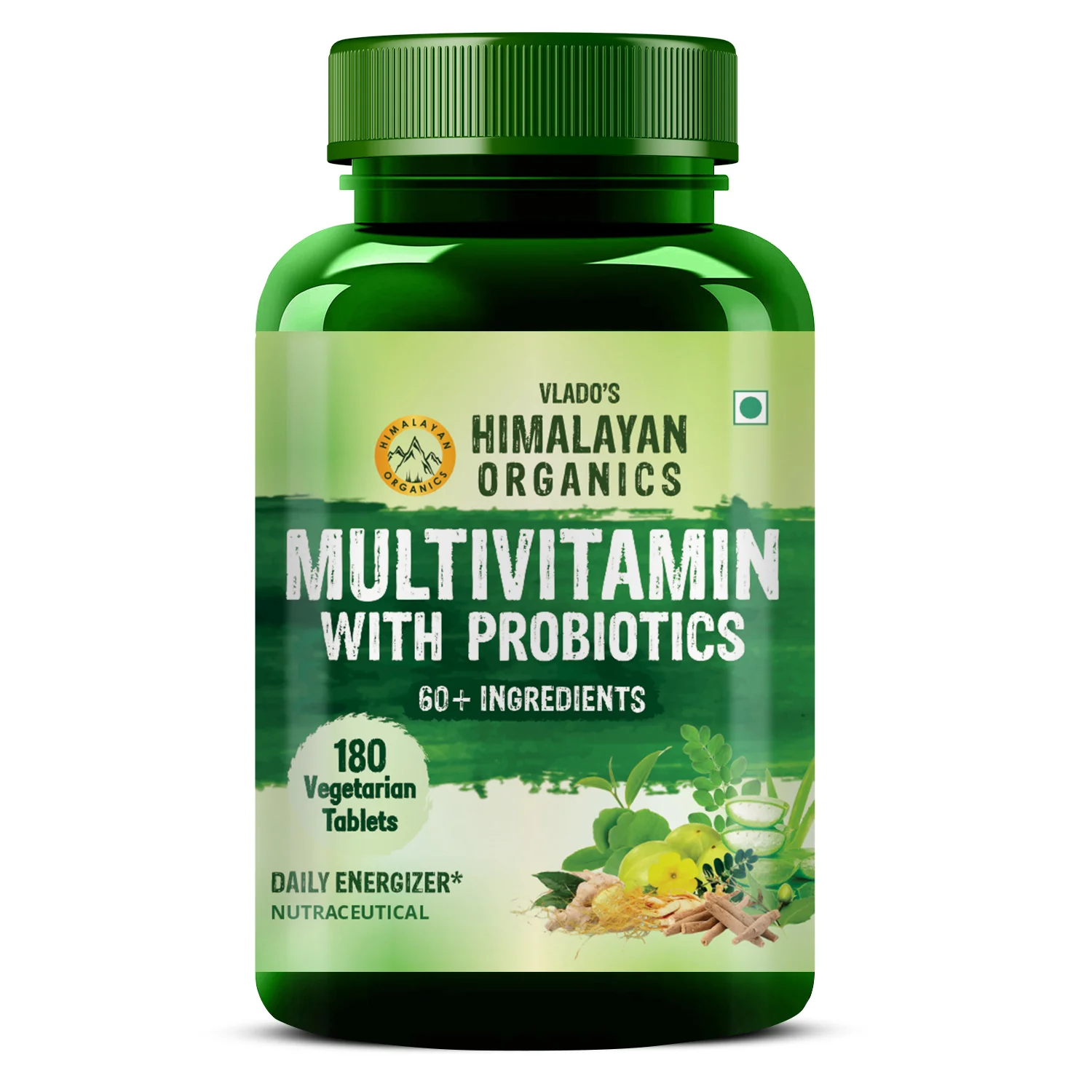


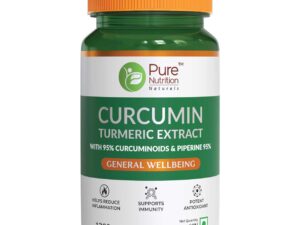
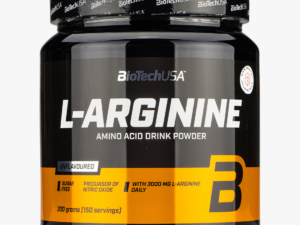
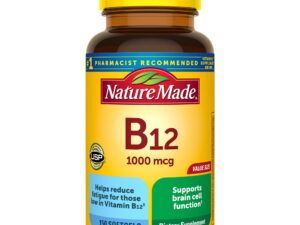
Reviews
There are no reviews yet.